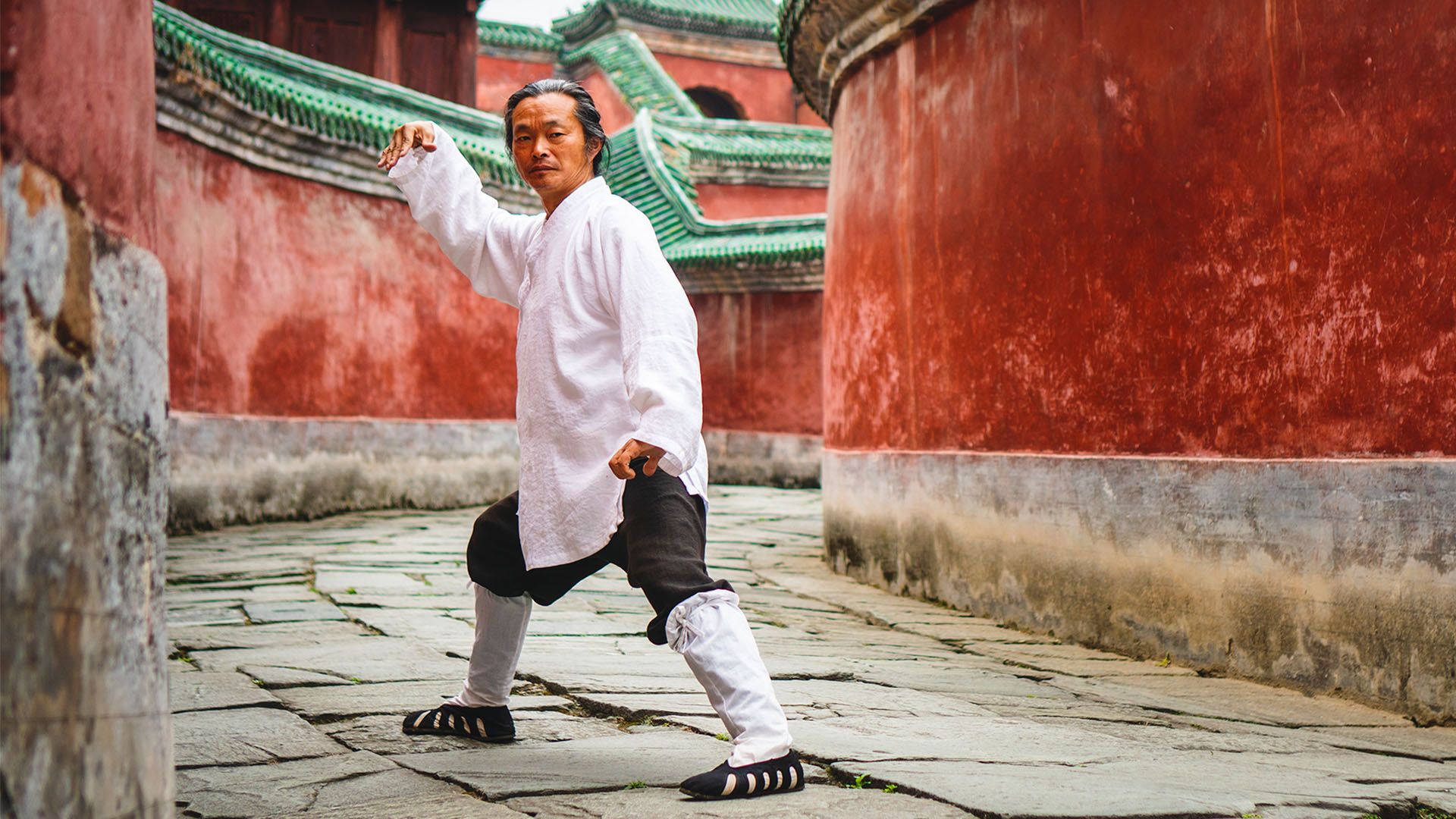How Tai Chi Can Improve Your Mental Health In 4 Powerful Ways
Dec 18, 2023
Tai Chi Chuan – or simply “Tai Chi” – is an ancient Taoist martial art that is commonly practiced for its spiritual and health benefits. When learned properly, Tai Chi can be a very effective self-defense system. However, this practice tends to place a greater emphasis on your spiritual and physical wellbeing.
As an internal art, Tai Chi aims to cultivate the practitioners' internal elements – namely, the heart-mind energy and bodily systems. Cheng Man-ch’ing, a respected Tai Chi master of the 20th century, famously stated:
"Tai Chi Chuan, the great ultimate, strengthens the weak, raises the sick, invigorates the debilitated, and encourages the timid."
In this article, we will explore the four powerful ways that Tai Chi can improve our mental health.
Tai Chi and Mental Health
Mental health issues are an all-too-common challenge in today's world. According to the World Health Organization (WHO), it is estimated that approximately 1 in 3 women and 1 in 5 men will experience major depression at some point in their lives.
Additionally, many individuals struggle with non-clinical mental health problems that often go unrecognized. It is a significant concern that numerous people regularly experience impulsive and obsessive thinking, loss of mental or emotional control, and volatile emotions, such as anger, anxiety, feelings of worthlessness, and sadness.
From the Taoist (and Buddhist) standpoint, there’s nothing “normal” or “sane” about the inability to stop mental rumination or negative emotions. This suggests a loss of control and balance, resulting in a state that is out of harmony with one's natural state.
Four Powerful Ways Tai Chi Improves Your Mental Health
So, how exactly does Tai Chi contribute to better mental health? What Taoists have known for the last 2,500 years, science is now confirming (see the links!): Tai Chi enhances the mental (and physical) wellbeing of practitioners.
Mindful movements: The slow and deliberate movements in Tai Chi are performed with full, effortless awareness, grounding the mind in the present moment and reducing anxiety, depression, mood disturbance, and stress.
Controlled breathing: The deep and rhythmic breathing in Tai Chi can help to activate our parasympathetic nervous system (PNS). The PNS is the ‘Yin’ to our mind and body’s ‘Yang,’ slowing down our heart rate and mental activity and inducing a state of calm.
“Stillness in movement”: Tai Chi practitioners move with a sense of natural balance, calmness and ease without force or unnecessary effort. Its fluid and continuous movements – performed whilst being fully present – is an embodiment of “stillness in movement,” a critical element of not only physical and mental wellbeing but of the never-ending journey to enlightenment.
It’s exercise: The physical aspects of Tai Chi improves physical health, which is inseparable from mental health.
The Bottom Line
When you merge the physical, mental, and spiritual elements of Tai Chi, the result is a potent, life-changing practice that will drastically improve your whole physical and psychological being.
An added bonus: Tai Chi will inevitably bring you in touch with a deeper, mysterious, inextricable element of your being – the Tao.







